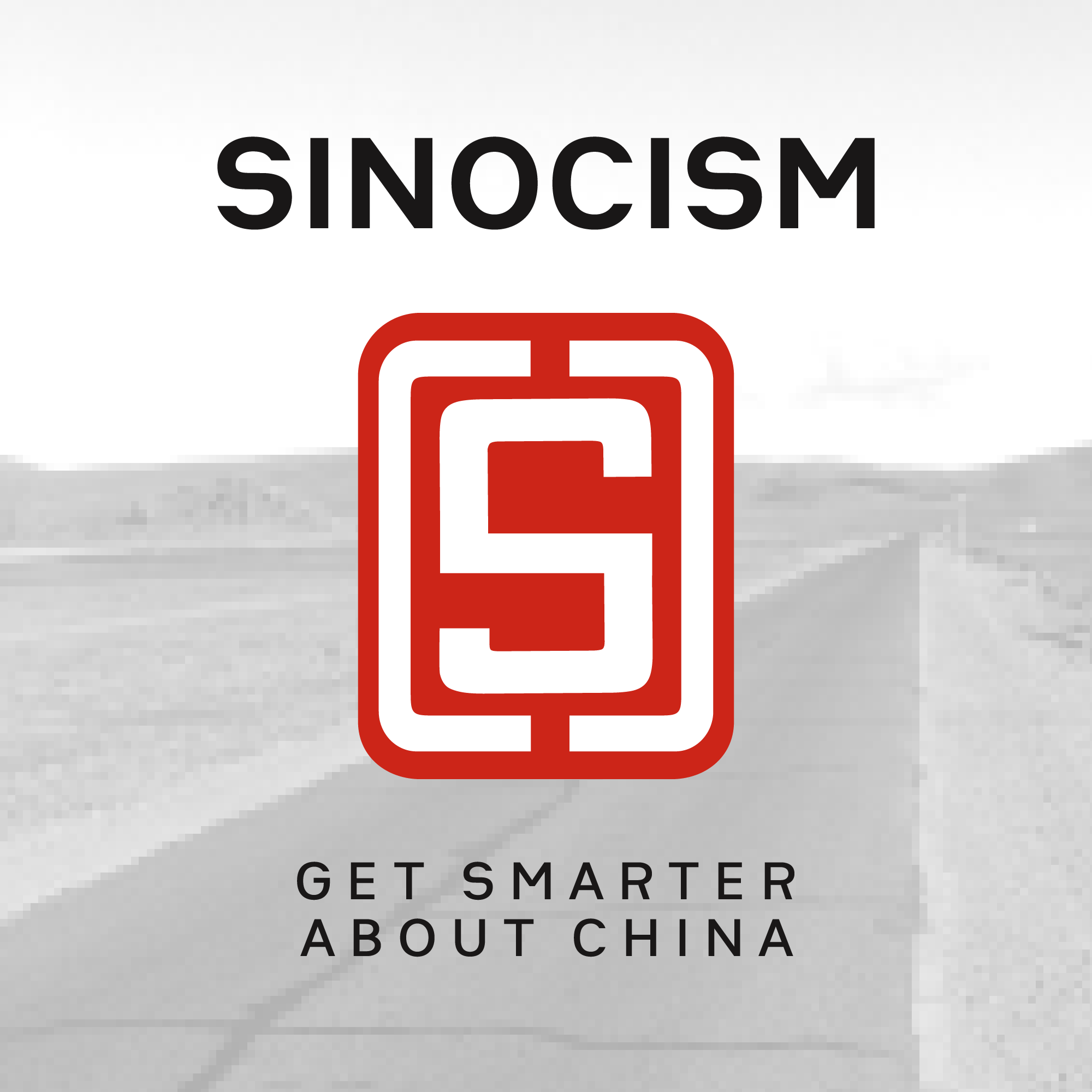
Sinocism Live: A chat with Jon Czin about US-China, Xi Jinping & some other fun topics

Sinocism Podcast
Deep Dive
- Czin's interest in national security was piqued by 9/11.
- He initially studied Arabic but shifted focus to Sino-Soviet relations.
- Czin became an analyst at the CIA, focusing on China.
Shownotes Transcript
Thanks to everyone who joined the live discussion tonight.
This is a recording of a March 20th, 2025 Sinocism Live conversation with Jonathan Czin, now the Michael H. Armacost Chair in Foreign Policy Studies at the Brookings Institution, and before that was for many years at the CIA as one of the US intelligence community’s top China experts. He was director for China at the National Security Council from 2021 to 2023, where he staffed all of President Biden’s interactions with President Xi.
I learned a lot from Jonathan Czin) in this conversation and I think you will too.
His recent work:
What Beijing wants from a US-China trade war - Brookings)
Burying Deng: Xi Jinping and the Abnormalization of Chinese Politics - China Leadership Monitor)
Thoughts on the political demise of Miao Hua - Brookings)
Abetting competition, restraining Beijing: Recommendations for diplomacy toward China - Brookings)
And his *bio)*:
Jonathan A. Czin is joining the Brookings Institution as the Michael H. Armacost Chair in Foreign Policy Studies and a fellow in the John L. Thornton China Center. He is a former member of the Senior Analytic Service at CIA, where he was one of the intelligence community’s top China experts.
Czin led the intelligence community’s analysis of Chinese politics and policymaking, playing a central role in assessing and briefing senior policymakers on President Xi Jinping, his rise to power, and decisionmaking on an array of key issues and crises. From 2021 till 2023, he was director for China at the National Security Council, where he advised on, staffed, and coordinated White House and inter-agency diplomacy with the People’s Republic of China, including all of President Biden’s interactions with President Xi, and played a leading role in addressing a wide range of global China issues.
He also served as advisor for Asia-Pacific security affairs in the Office of the Secretary of Defense, and overseas at a CIA field station in Southeast Asia. Czin holds a master’s in international relations from Yale University, graduated magna cum laude from Haverford College, and studied at Oxford University. He is proficient in Mandarin Chinese. This is a public episode. If you'd like to discuss this with other subscribers or get access to bonus episodes, visit sinocism.com/subscribe)